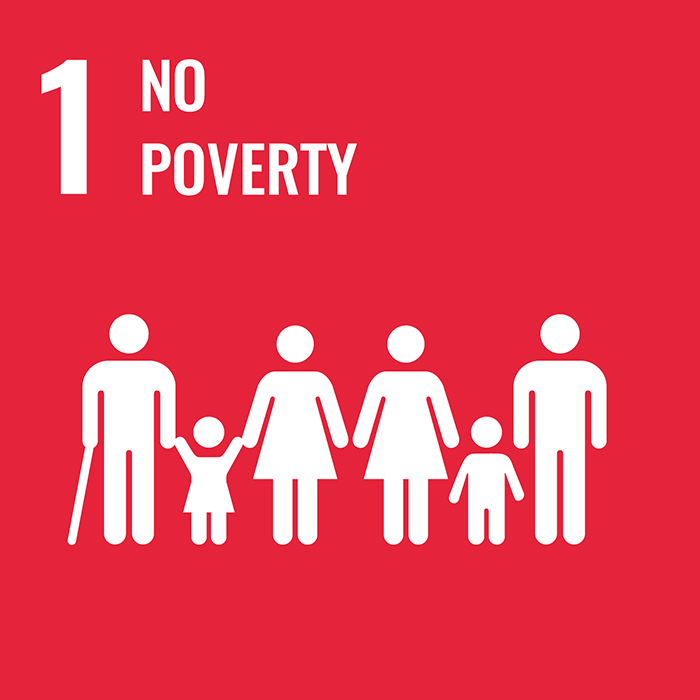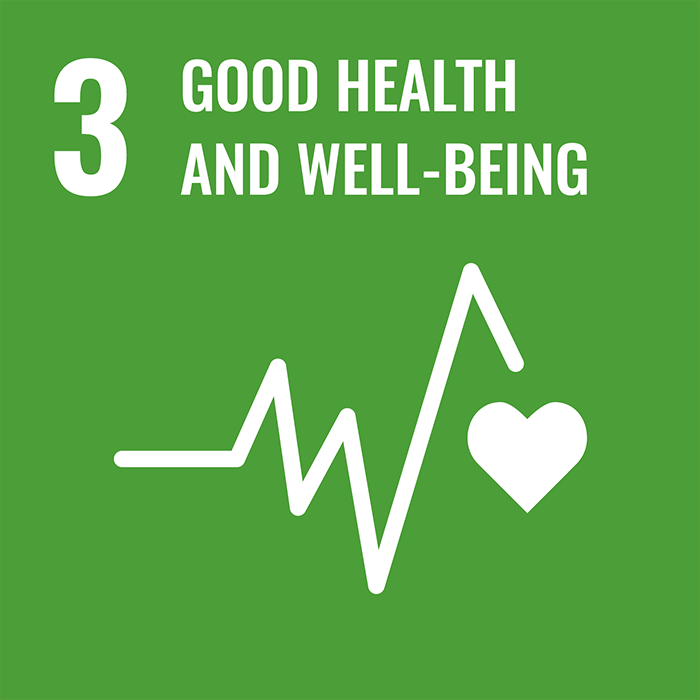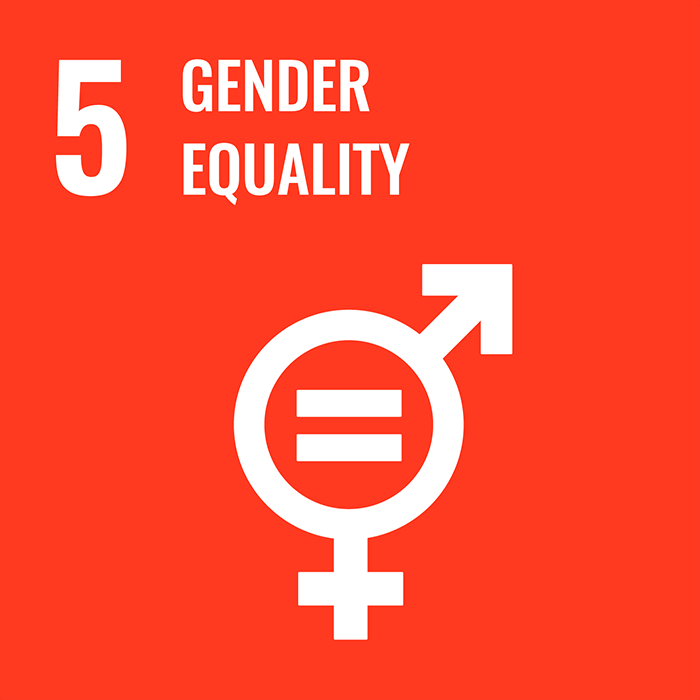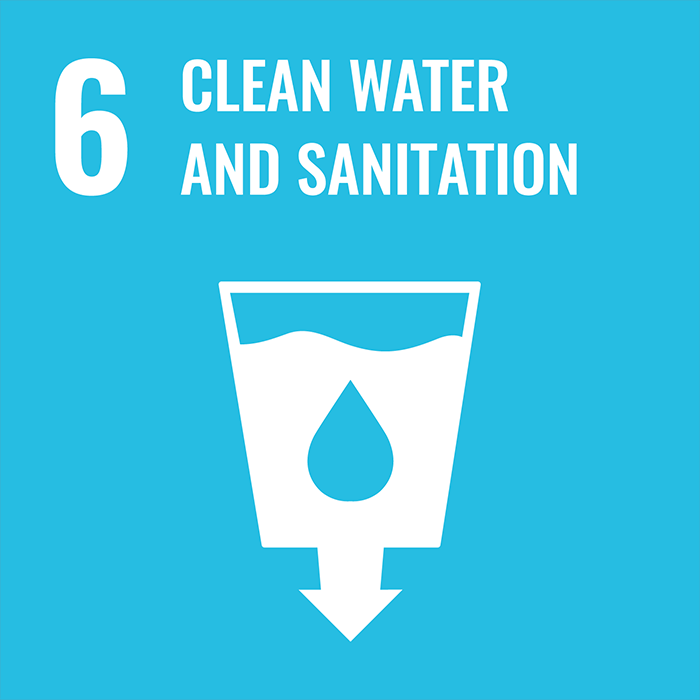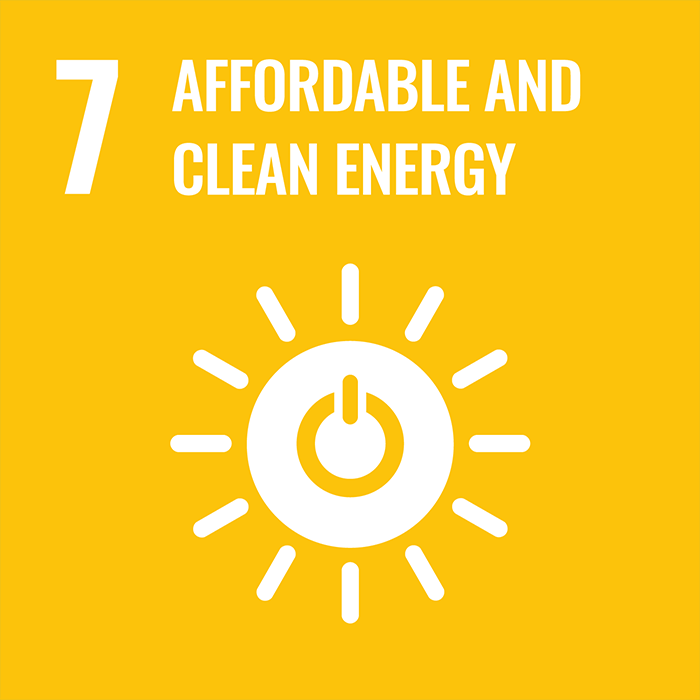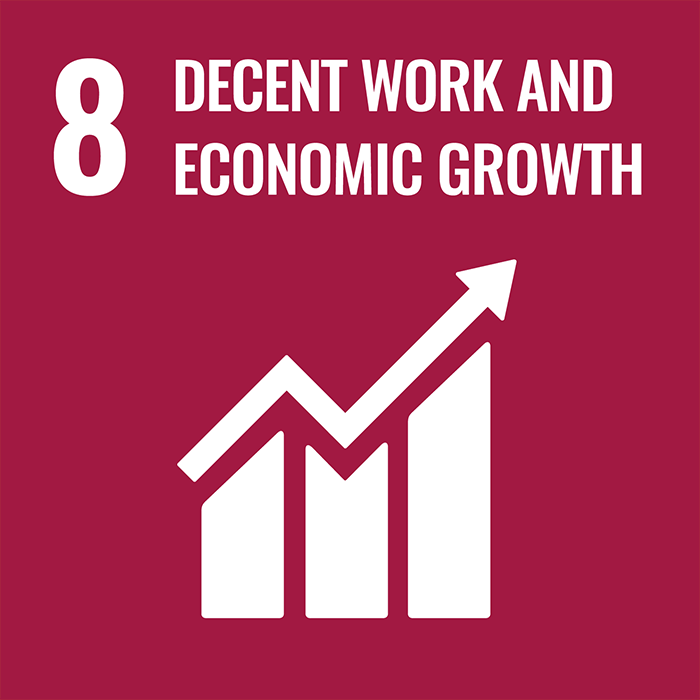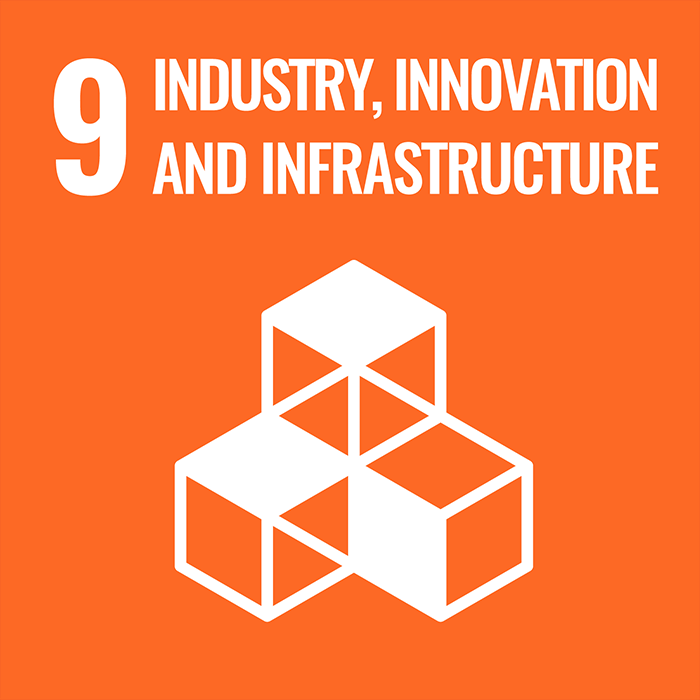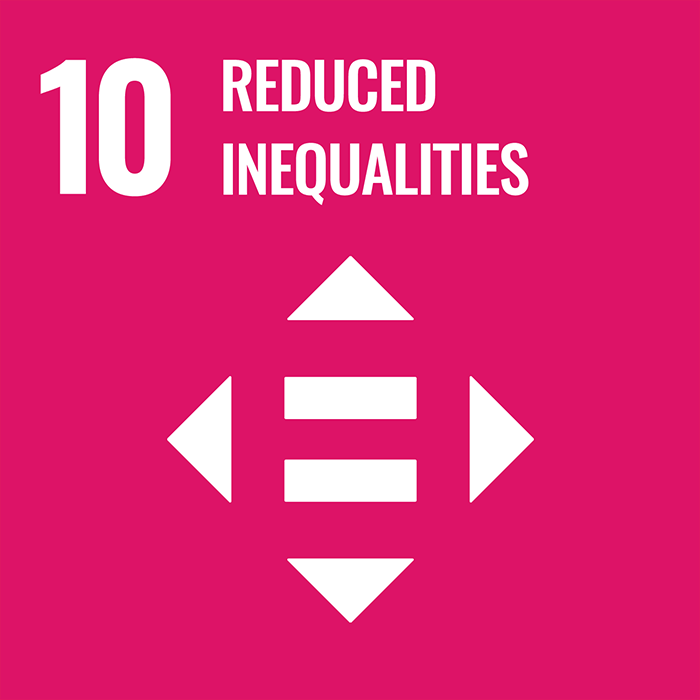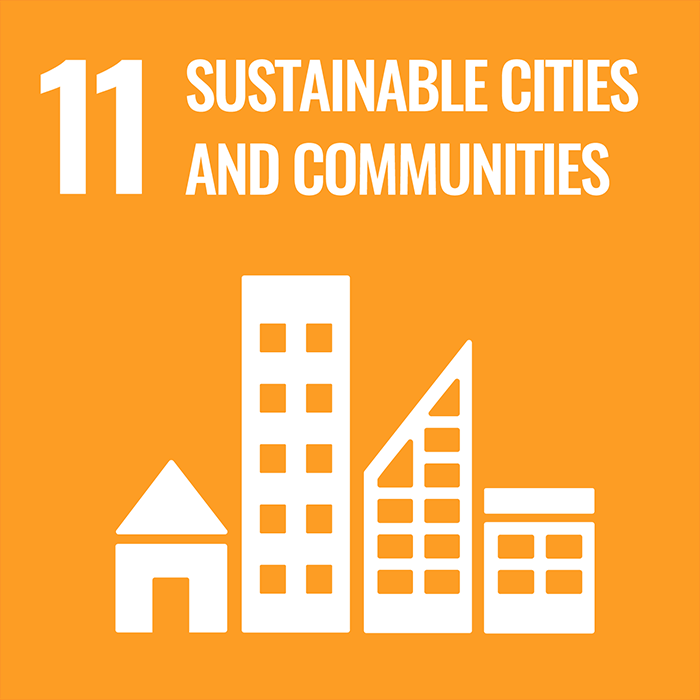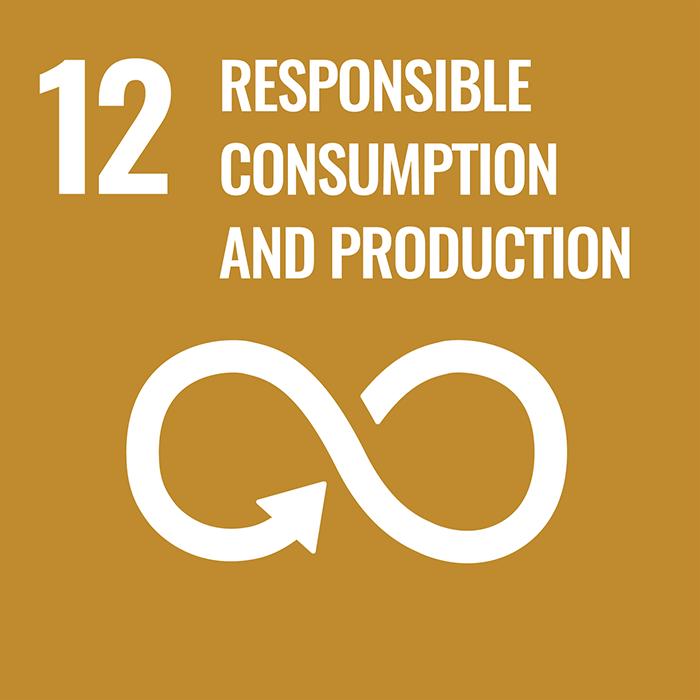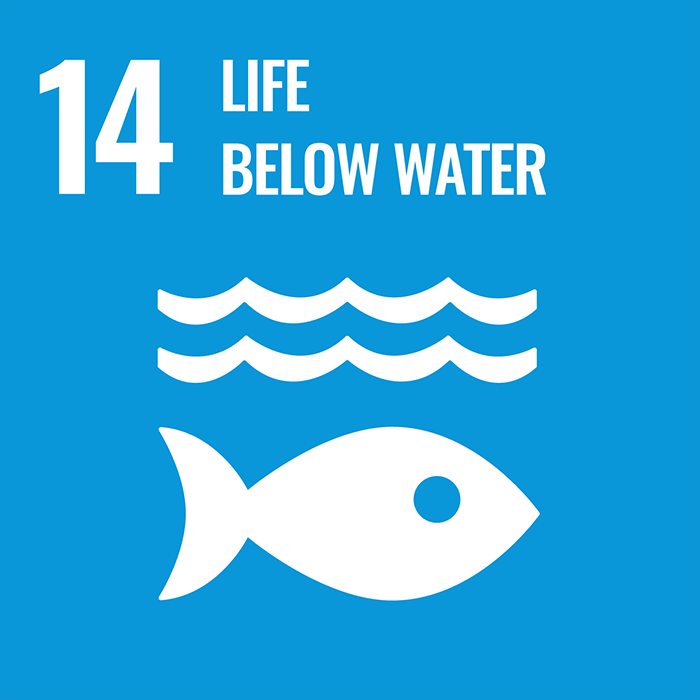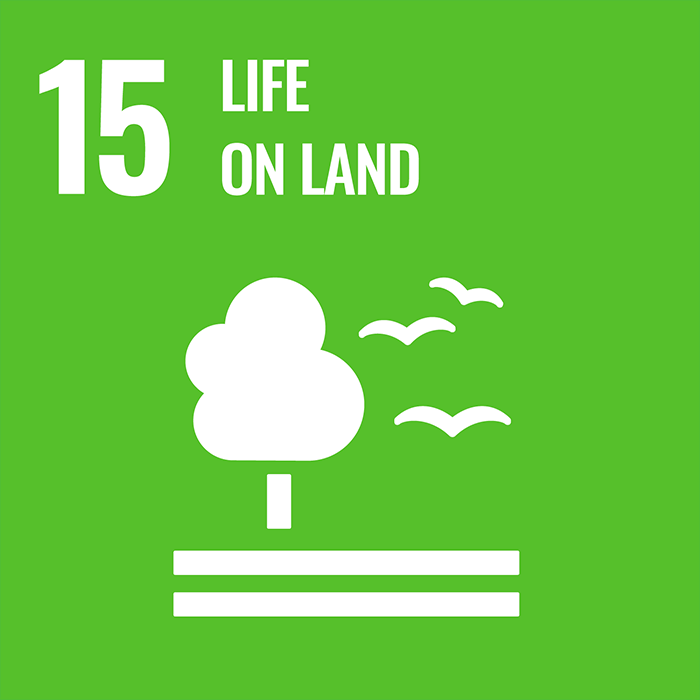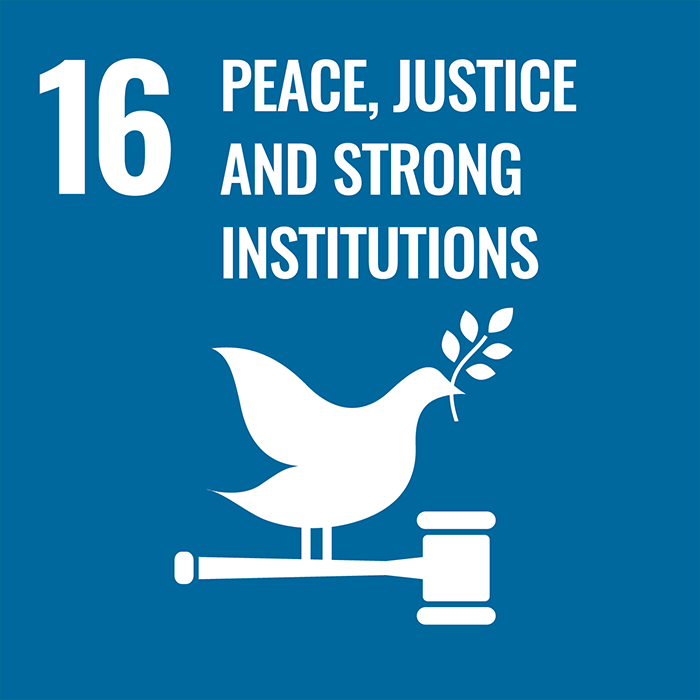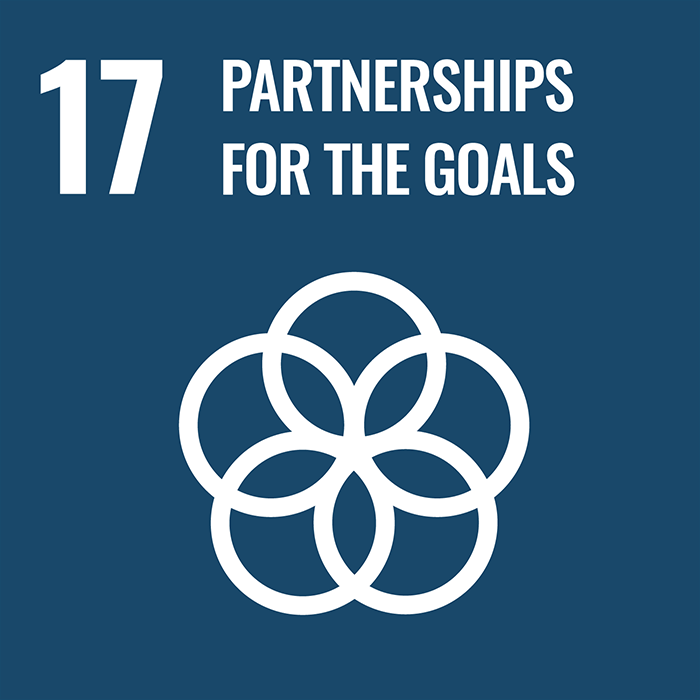UN SDG 13: Climate action
Take urgent action to combat climate change and its impacts
Our research

Academics at the University of Glasgow’s School of Social & Environmental Sustainability have contributed to the world’s first mapping of climate change adaptation, which finds that systematic networking has been insufficient.
The Global Adaptation Mapping Initiative, led by a consortium of 29 universities, reported that affected individuals and households have had to carry the principal burden of adaptation.
Glasgow was the only UK university to participate in this study. Dr Jiren Xu and Dr Emilie Cremin, of the School of Social & Environmental Sustainability, were part of an international team led by scientists from LMU Munich and the University of Hamburg that assessed more than 1,400 scientific studies on the subject of climate change adaptation.
The results show that there are many gaps in distribution of roles and responsibilities for adaptation across the globe.
The University is launching a new research centre focused on supporting the global transition to sustainable, low-carbon energy systems.
The Glasgow Centre for Sustainable Energy will have an interdisciplinary focus and brings together academics from across the University to find new ways of delivering the radical reform of energy services and infrastructure required to reach net zero. The centre will work to find equitable and affordable ways to reliably meet the world’s energy needs without contributing further to climate change.
The work will build on the University’s decades of research on adaptive, diversified, accessible and resilient technologies for the supply, storage, distribution and efficient use of renewable energy. The centre will also work to understand how new net zero solutions might intersect with the social, political and economic transformations required for sustainable energy transitions.

Our Environmental Science & Sustainability programme utilises the surrounding countryside to demonstrate environmental work in practice through fieldwork, field classes and visits to environmental sites and organisations.
Learning & teaching

Our Environmental Science & Sustainability programme places fieldwork and practical experience at its core and utilises the surrounding countryside to demonstrate environmental work in practice through fieldwork, field classes and visits to environmental sites and organisations.
Situated in the ‘Living Laboratory’ of Dumfries & Galloway, this programme utilises our 85-acre Dumfries campus and the diverse surrounding landscapes as dynamic learning environments.
Find out more
- Undergraduate study: Environmental Science & Sustainability (Dumfries Campus) (BSc)
University operations

Glasgow University Environmental Sustainability Team (GUEST) is a student-led team within the Estates directorate providing project-based work placement opportunities to students in areas such as biodiversity, sustainable food, sustainable travel, communications and student/community engagement. These projects not only play a vital role in the ongoing promotion of sustainability on campus, but also provide an opportunity for students to develop both professionally and personally, while contributing to the everyday functioning of the University. GUEST also offers the opportunity for interns to work on its projects on a voluntary basis. GUEST were once again heavily involved with promoting partnerships for sustainability across global audiences, delivering a number of important sessions for students and staff.
Find out more
Civic engagement

Professor of Planning & Urban Design, James White, and colleagues in the UK Collaborative Centre for Housing Evidence (CaCHE) have received ESRC funding to investigate how cities can be planned and ‘retrofitted’ for net zero living.
URBAN RETROFIT UK will work with partners across all four nations of the UK and internationally to investigate urban retrofit successes and challenges, including barriers to scaling up.
This is part of a £9.5 million investment by the ERSC into five projects that will research place-based approaches to an environmentally sustainable future, providing evidence to support local and national decision-making.
As project lead, Professor White will lead a team of researchers from the Universities of Cardiff, Dalhousie, Sheffield, West of England and Ulster. They will collaborate with UK partners to identify and examine place-based urban retrofit case studies being delivered through local planning and development systems in Belfast, Bristol, Cardiff, Glasgow and Sheffield.
The team will co-produce a framework mapping the critical points of intervention required to close the implementation gap between national policy and local delivery. This will form the basis of a toolkit for planning authorities, property developers and communities. An international urban retrofit hubs network will also be established to share learning.



